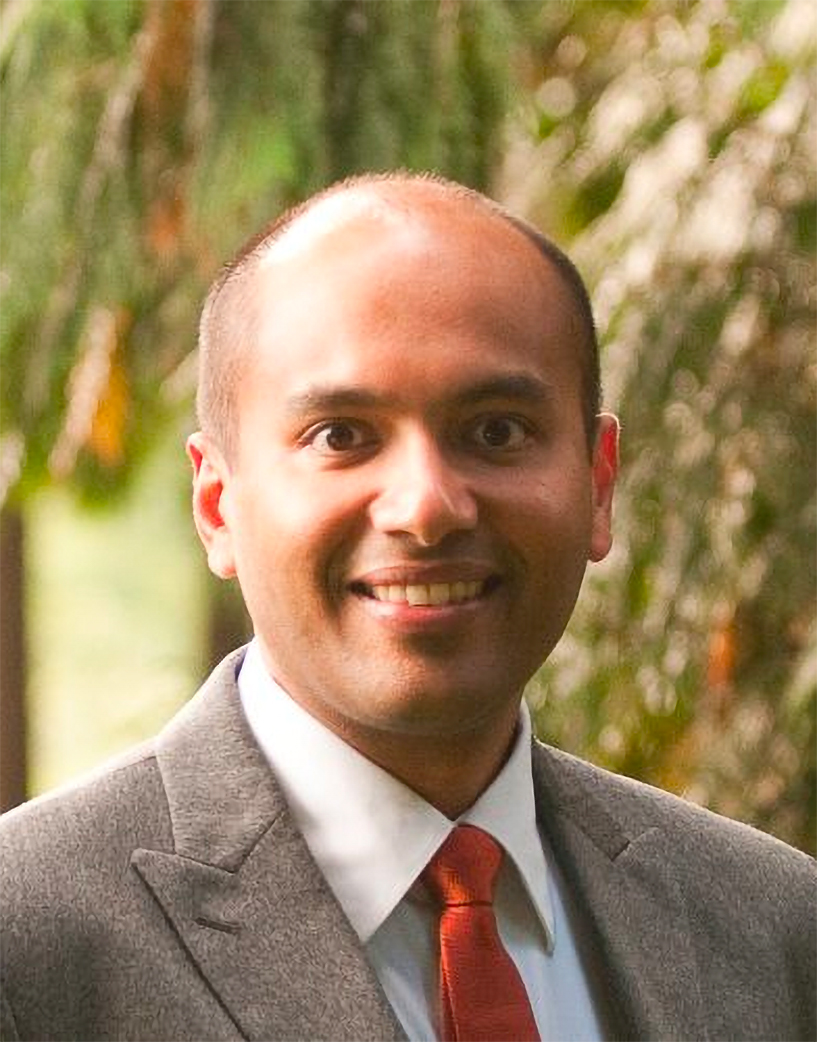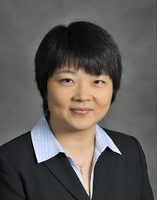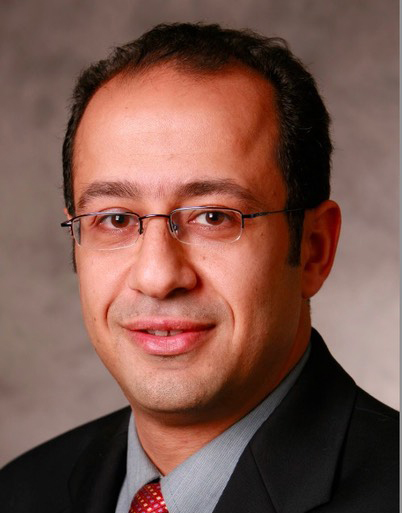Keynotes

Speaker: Sharad Agarwal, Senior Principal Researcher, Microsoft
Keynote 1: Reliable Telecom Infrastructure on the Cloud
8:45 - 9:45 Thursday, Oct. 20, 2022
Session Chair: Rajesh Krishna Balan (Singapore Management University)
Abstract:
I will begin by describing why 5G networks are radically different from past Gs and why cloud hyperscalars now play an important role. I will tell you why I am excited by the many opportunities computer scientists have to innovate in solving the needs & requirements of 5G networks. Challenges such as high reliability, differentiated QoS, security, and efficient use of compute span many disciplines including wired networking, wireless communication, mobile systems, ML, and operating systems.
I will give you a detailed example from our own work by focusing on one specific problem -- improving the reliability of 5G traffic traversing hyperscalar networks. Going from enterprise grade reliability to carrier grade reliability in the cloud is the challenge. A significant source of unreliability today is at the large peering surface area where operator networks interface with hyperscalar networks. We built a learning system called TIPSY (Traffic Ingress Prediction SYstem) that predicts where customer traffic will arrive, even under outages. Its accuracy is 76%-97% and has demonstrated accuracy in the post-mortem of multiple incidents involving mobile user traffic going to the cloud. It is now running in Azure to mitigate congestion-induced unreliability in incoming customer traffic. I will then give you two more examples of our ongoing work in improving reliability at 5G edges.
I will end by providing some final motivation for you to work on telecom infrastructure in the cloud and have a lasting impact.
Bio:
Sharad Agarwal is a Senior Principal Researcher at Microsoft. In addition to 40 publications, his research has impacted Azure, Windows, and Windows Phone. He co-designed and deployed a large cloud service on Azure that served over 21 million users. He is an ACM Distinguished Member. In his spare time, Sharad is an active angel investor with https://www.grubstakes.vc/ in the Seattle startup ecosystem. You can find out more and contact Sharad at https://www.linkedin.com/in/sharadagarwal2/ .

Speaker: Wenjing Lou, English Endowed Professor, Virginia Tech
Keynote 2: Two Blockchain Enabled Novel Applications
14:05 - 15:05 Thursday, Oct. 20, 2022
Session Chair: Yingying Chen (Rutgers University)
Abstract:
This talk will introduce two novel applications enabled by blockchain and smart contract technologies. The first one is data usage control. We propose PrivacyGuard, a security platform that combines blockchain smart contract and hardware trusted execution environment (TEE) to enable individual data owner’s fine-grained control over the usage (e.g., which operation, who can use on what condition/price) of their private data. In contrast to data access control, PrivacyGuard is designed to prevent the secondhand misuse of user data, as happened in the Facebook-Cambridge Analytica data scandal. The second application we will introduce is a Blockchain-based Decentralized Spectrum Access System (BD-SAS) in the 5G/nextG era. In contrast to the currently deployed centralized SAS, BD-SAS provides SAS service efficiently to spectrum users and enables automated inter-SAS synchronization, without assuming mutual trust among individual SAS administrators.
Bio:
Wenjing Lou is the W. C. English Endowed Professor of Computer Science at Virginia Tech and a Fellow of the IEEE. She holds a Ph.D. in Electrical and Computer Engineering from the University of Florida. Her research interests cover many topics in the cybersecurity field, with her current research interest focusing on wireless networks, blockchain systems, trustworthy machine learning systems, and security and privacy problems in the Internet of Things (IoT) systems. Prof. Lou is a highly cited researcher by the Web of Science Group. She received the Virginia Tech Alumni Award for Research Excellence in 2018, the highest university-level faculty research award. She received the INFOCOM Test-of-Time paper award in 2020. She is the TPC chair for IEEE INFOCOM 2019 and ACM WiSec 2020. She was the Steering Committee Chair for IEEE CNS conference from 2013 to 2020. She is currently a steering committee member of IEEE INFOCOM and IEEE CNS. She served as a program director at US National Science Foundation (NSF) from 2014 to 2017.

Speaker: Alhussein Abouzeid, Program Manager, NSF
Keynote 3: Next Generation Wireless Networks Research Challenges and Opportunities
8:45 - 9:45 Friday, Oct. 21, 2022
Session Chair: Jie Wu (Temple University)
Abstract:
In this presentation, we discuss some of the fundamental research challenges that need to be addressed to advance wireless networks, and present some of the activities at NSF that aim at addressing these challenges. This includes challenges and opportunities related to machine learning, spectrum sharing and operation at higher frequencies 100GHz+ and THz, network resilience, measurements and data, and shared research platforms development.
Bio:
Dr. Alhussein Abouzeid is a Program Director in the Computer and Network Systems division (CNS), Computer and Information Science and Engineering (CISE) directorate of the U.S. National Science Foundation (NSF), where he also served from 2008 to 2010. He is on leave from Rensselaer Polytechnic Institute, Troy, NY, where he is as a Professor of Electrical, Computer, and Systems Engineering. He received his Ph.D. and M.S. degrees from University of Washington, Seattle, in 2001 and 1999, respectively, and the B.S. degree with honors from Cairo University, Cairo, Egypt, in 1993, all in electrical engineering. He received the Faculty Early Career Development Award (CAREER) from NSF in 2006, and the Finnish Distinguished Professor (FiDiPro) Fellow award from Tekes (now Business Finland), 2014-2018. He co-founded and managed several NSF programs and projects such as NSF EARS program in 2010, WiFiUS program in 2012, and NSF RINGS program in 2021. His research is in the area of computer networking, and his research at RPI has been funded by NSF and NIH. He served/serves as Associate Editor for Elsevier Computer Networks, IEEE Transactions on Wireless Communications, and IEEE Transactions on Mobile Computing. He is a member of IEEE and ACM, and has served on the organizing and technical committees of several conferences.